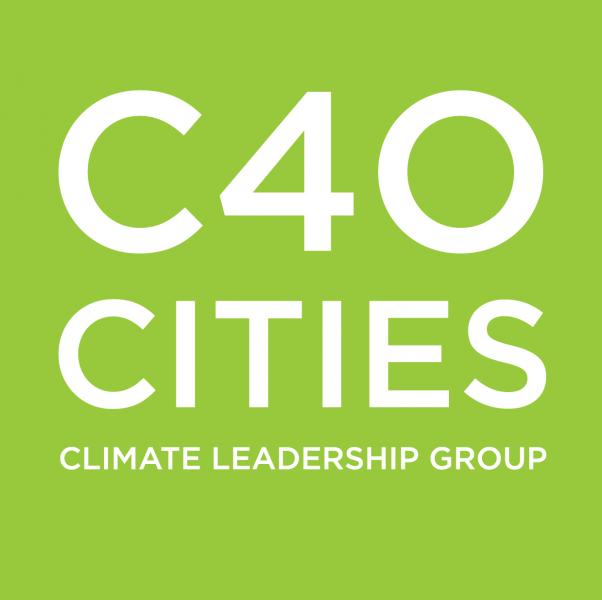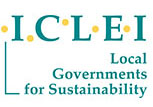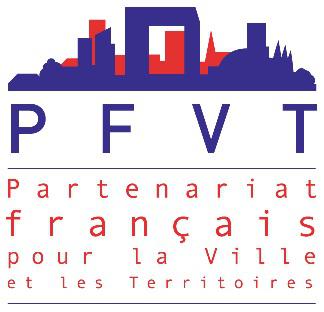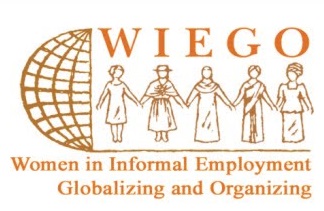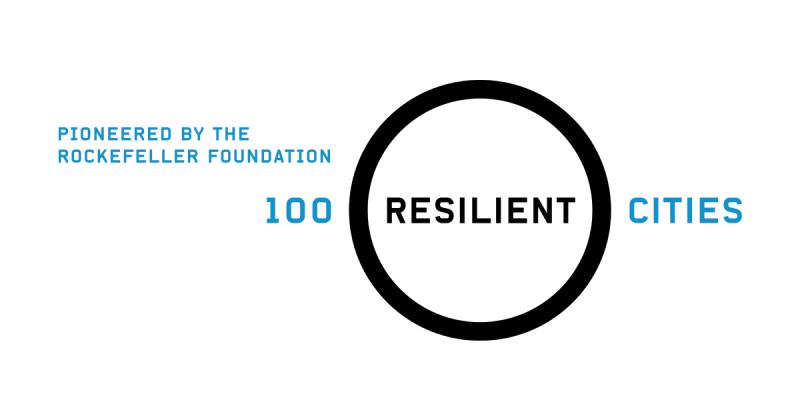- home
- About Us
- How We Work
- Projects
- Knowledge Centre
- Newsroom
- Resources
Joint Work Programme on Resilient Cities
- Home
- How We Work
- Our Operations
- Global Window
- Joint Work Programmes
- Resilient Cities
- Tweet
 In an increasingly urban world, the major resilience challenges of this century – job creation, poverty reduction, climate change, environmental sustainability, community development and social inclusion – will be won or lost in cities.
Making Cities More Resilient
The Joint Work Programme on Resilient Cities brings Cities Alliance members and partners together to promote resilient, resource-efficient urban planning. Download the JWP on Resilient Cities Brochure
Focus Areas for the JWP
1. Integrated city resilience knowledge products and resources that facilitate the flow of knowledge and resources at the global level to help cities become more resilient to disruptions related to climate change, disasters, and other systemic shocks and stresses – including the socio-economic challenges associated with rapid urbanisation. An expanded Cities Alliance partnership can grow the knowledge base, foster a greater understanding of how to build resilience, and promote coherence and coordination for ensuring resilience of all urban settlements at a global level. 2. Leveraging international standard products for developing cities to promote city-level resilience. Specific implementation activities include: developing information products and resources that leverage member and partner knowledge for citywide resilience planning; developing urban energy management plans; and conducting vulnerability assessments.
Partnerships for Impact C40 Cities Climate Leadership Group
Working together to develop city energy management plans that will identify issues, opportunities and investments related to supply, demand and access to energy in selected cities. The Medellin Collaboration on Urban Resilience (MCUR)
To maximise impact, members of the Joint Work Programme plan to partner with the MCUR, a group of 10 organisations formed at the World Urban Forum 2014, to align efforts in support of resilient cities. 100 Resilient Cities
The Cities Alliance is a partner in the 100 Resilient Cities (100RC) initiative, established by the Rockefeller Foundation. 100RC is dedicated to helping cities around the world become more resilient to the physical, social and economic challenges that are a growing part of the 21st century.
The Global Initiative for Resource Efficient Cities (GI-REC)
GI-REC is a collaboration of about 20 members – cities, city networks and institutions – coordinated by UNEP. Launched in June 2012 at the Rio+20 Summit, it works with different stakeholders to assist cities in developing tools and methodology to map and reduce their overall resource footprint, while becoming more sustainable and resilient.
|
Chair
|
|
|

